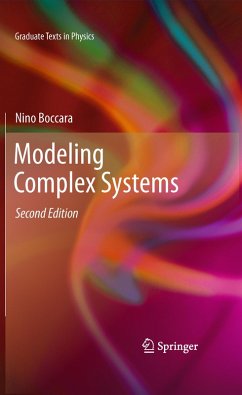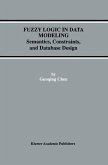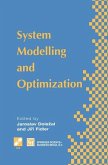This vital introductory text is useful for advanced undergraduate students in various scientific disciplines, and serves as an important reference book for graduate students and young researchers.
This enhanced second edition includes: .
-recent research results and bibliographic references
-extra footnotes which provide biographical information on cited scientists who have made significant contributions to the field
-new and improved worked-out examples to aid a student's comprehension of the content
-exercises to challenge the reader and complement the material
Nino Boccara is also the author of Essentials ofMathematica: With Applications to Mathematics and Physics (Springer, 2007).
Dieser Download kann aus rechtlichen Gründen nur mit Rechnungsadresse in A, B, BG, CY, CZ, D, DK, EW, E, FIN, F, GR, HR, H, IRL, I, LT, L, LR, M, NL, PL, P, R, S, SLO, SK ausgeliefert werden.
Hinweis: Dieser Artikel kann nur an eine deutsche Lieferadresse ausgeliefert werden.
"Boccara's approach is firmly based on dynamical systems theory, differential equations, and maps, with a very solid mathematical treatment, cast at times in terms of definitions and theorems. ... The book is very well suited for graduate or advanced undergraduate studies and comes with a problem and solution section at the end of every chapter. ... The book covers in any case a plethora of models and is highly recommendable for everybody wishing to attain a good knowledge of classical complex system theory." (Claudius Gros, SIAM Review, Vol. 53 (4), 2011)









